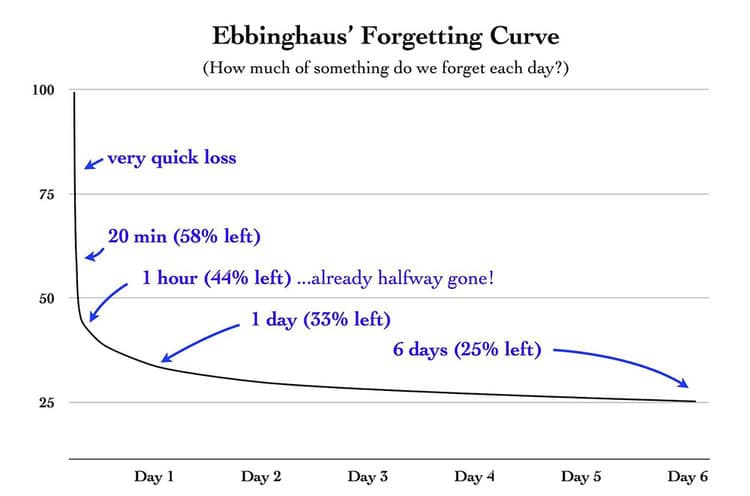The best way to learn Chinese (or any language)
There are four principles which help you learn Chinese (or any language) effectively:
- Learn Chinese in context
- Comprehensible input
- Repetition of Chinese words
- Persistence in learning Chinese
1: Learn Chinese in Context
Learning language in context, with a connection to real-world experiences, helps you remember what you learn. Scientifically, learning in context stimulates our neurons and keeps our memory of the content fresh. For example, if you learn the word 笑哭(xiàokū) in Chinese, usually you are taught the meaning of each character and how to use them together in a sentence. But there’s a better way to learn the meaning of 笑哭(xiàokū):
I think you can understand the meaning of this word: something is so funny that it makes you laugh so hard you cry. The image actually becomes a hook in your memory which we can use to trigger your memory the next time you forget the meaning of the word. The same is true for situational conversations. All of these things stimulate your brain and memory so you can help you remember the language more effectively.
2: Comprehensible input
According to the theory of comprehensible input, developed by Stephen Krashen in 1977, providing a learner with language input just above their current level is the most effective way to learn a language. But how do you find the right kind of input?
Most articles suggest language learners watch TV programs, movies, and sing songs to learn a new language. Technically, these methods only help a little unless you can find media just a bit higher than your level. And we all know it’s very hard for a learner to find the right video for themselves. A better way to create an environment that suits your level during class.
Effective language teachers can adjust their teaching and speaking to be just above their student’s level. The best class consists almost entirely of Chinese or the target language. The teacher’s explanations are just a bit higher than your current comprehension level which lets you learn as much as possible. Although it can be challenging for students and takes some time to get used to, it will increase your learning speed.
Students often wonder: should I understand every single word the teacher says? The answer is no. You only need to understand the meaning of the sentence or idea as a whole. Sometimes you can even guess the meaning from the context including the teacher’s gestures, the current topic, and your own background knowledge. This is the magic of a language class.
3: Repetition of Chinese words
We forget things all the time, especially when we’re learning. In fact, students forget more than 50% of what they learned one day after class, according to Hermann Ebbinghaus’s forgetting curves.
The best way to not forget things is to review them. This is why a good language course repeats vocabulary and grammar content from one lesson to the next.
Another way to effectively remember things is to break them into multiple small parts and study each part over a period of time. Spaced Repetition is a learning technique which maintains that learning in shorter sessions over a longer time is more effective than learning the same content in one long session. So if you want to learn more, learn less each time you study.
4: Persistence in learning Chinese

If you feel stressed and worried when you start to learn, you’ll never start.
The secret is to lie to your brain. Reduce the effort needed to start each session and it’ll be easier to start studying each day. For example, set a goal of studying 10-15 minutes each day instead of one or two hours. Don’t worry about how much you can learn in such a short time. You’re more likely to keep learning this way instead of spending 3 hours studying one day and then taking 4 days off and forgetting at least 50% of what you learned. And don’t forget to reward your persistence after learning. Tell yourself: you did a great job!
How to find a good Mandarin course
Now that you have a better idea of how to learn a language effectively, here’s what a good Chinese language course should include:
- deliver the content in context
- explain all concepts in Chinese, a bit higher than your level
- repeat grammar and vocab content in all lessons
- divide learning content into 10-15 minute sections
This article was written by Michael Wang, Chief Academic Officer at GoEast Language Center. The recent online Chinese courses launched at GoEast Online embody these four principles of effective language learning.





